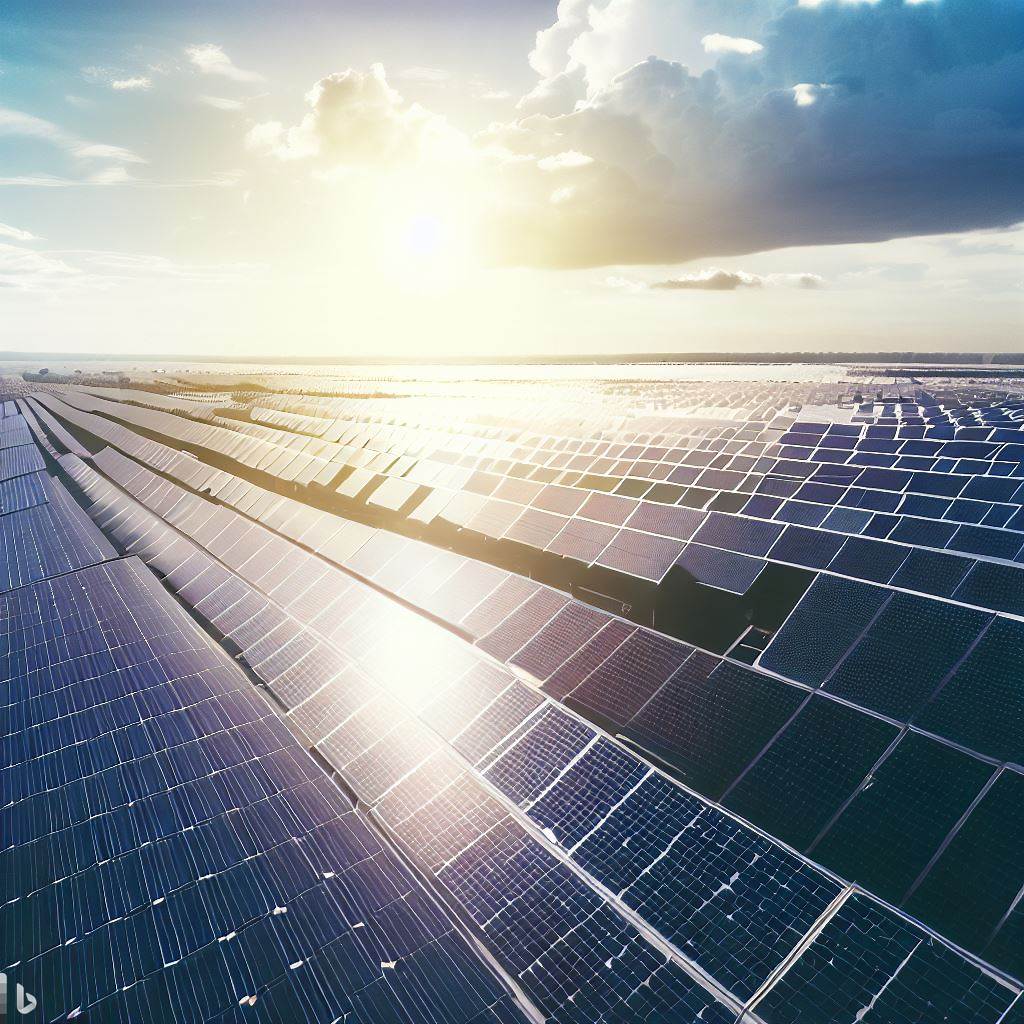
Different Types of Solar Power Systems
Share
If you're considering solar energy and want to explore the advantages and unique features of different types of systems, you've come to the right place. In this guide, we will provide you with valuable insights into each type of solar energy system, helping you make an informed decision and choose the perfect system that best suits your needs.
Solar power systems have become increasingly popular as a renewable energy solution, offering numerous benefits to homeowners, businesses, and the environment. If you're considering harnessing the power of the sun, it's important to understand the different types of solar power systems available. In this article, we will explore the various options and their unique features to help you make an informed decision.
-
Grid-Tied Solar Power Systems:
- Solar panels generate electricity from the sun.
- The excess energy electricity produced is fed into the utility grid.
- You receive credit for the electricity generated through net metering or feed-in tariffs.
- During periods of low solar production, you draw electricity from the grid.
Benefits:
- Lower upfront costs compared to off-grid systems.
- Ability to take advantage of net metering or feed-in tariffs to offset electricity bills.
- No need for energy storage, as the grid acts as a virtual battery.
Considerations:
- Grid dependency means power outages affect the system.
- You may still be subject to utility regulations and restrictions.
-
Off-Grid Solar Power Systems:
- Solar panels generate electricity during the day.
- The excess energy charges batteries for later use.
- Batteries store the electricity, providing power during nighttime or low solar production.
- An inverter converts the stored DC power into usable AC power for household appliances.
Benefits:
- Complete energy independence and resilience during grid outages.
- Suitable for remote locations without access to the utility grid.
- No reliance on utility companies, offering long-term cost savings.
Considerations:
- Higher upfront costs due to the need for energy storage.
- Proper sizing and maintenance of batteries are essential for system performance.
- Backup power or generator may be required for prolonged periods of low solar production.
-
Hybrid Solar Power Systems:
- Solar panels generate electricity, which is used to power your home and charge batteries.
- Excess energy can be stored in batteries for later use.
- When solar production is low, the system can draw electricity from the grid.
- During power outages, the system can provide backup power from the batteries.
Benefits:
- Utilizes solar energy for self-consumption, reducing reliance on the grid.
- Provides backup power during grid outages.
- Offers the option to sell excess energy back to the grid.
Considerations:
- Higher upfront costs due to the inclusion of energy storage.
- Battery maintenance is required for optimal performance.
- Proper system design and sizing are crucial for efficient operation.
Conclusion
Choosing the right type of solar power system depends on your energy needs, location, budget, and desired level of independence. Grid-tied systems are popular for their cost-effectiveness, while off-grid systems provide energy independence. Hybrid systems offer the best of both worlds, combining solar power, energy storage, and grid connection. By understanding the features and benefits of each type, you can make an informed decision that aligns with your specific requirements. Embrace solar power and harness the clean, renewable energy of the sun!
